International Collaborations
Lab Autism has collaborated with various organizations and universities, which are presented below:
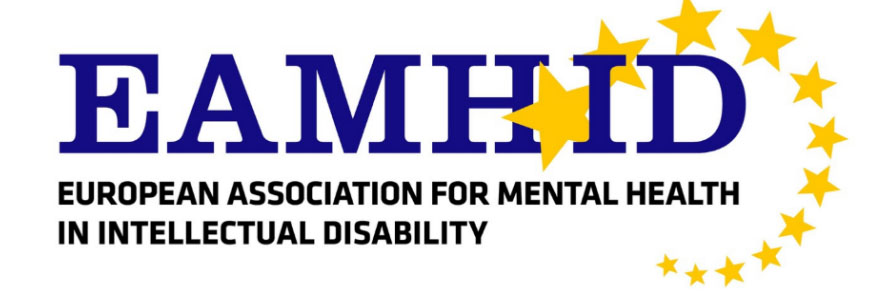
The European Association for Mental Health in Intellectual Disability (EAMHID) provides a platform for academics, health professionals and policy makers. The purpose of the Association is to facilitate international cooperation and exchange of knowledge and experience in the field of mental health in people with an intellectual disability. Special emphasis is placed on the coordination and promotion of scientific activities and improving standards of care and support throughout Europe.
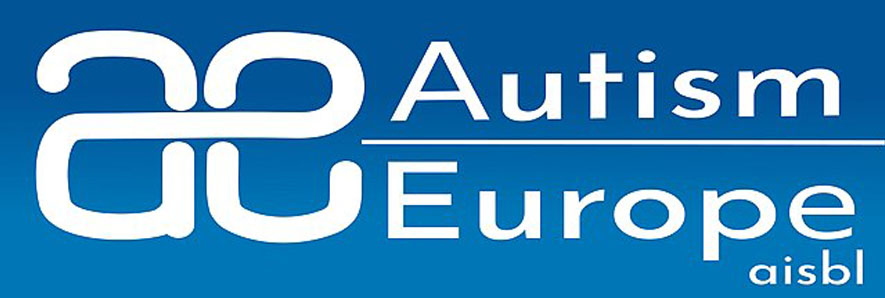
Autism-Europe (AE) is an international association whose main objective is to advance the rights of people with autism and to help them improve their quality of life. AE advocates towards European decision-makers to foster a better policy response to the needs of autistic people. AE also strives for more awareness and understanding of autism in society.
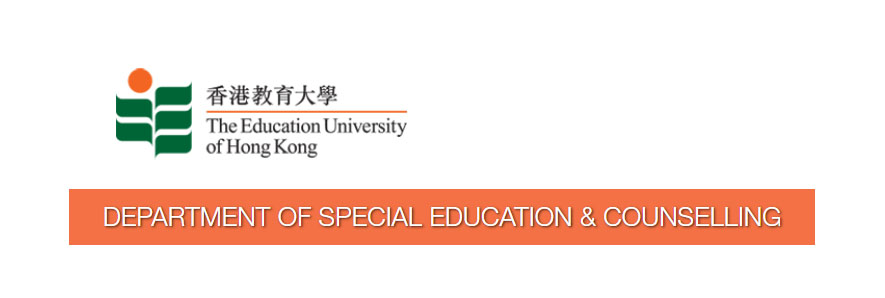
Providing help and support to people with diverse educational needs, their caregivers and other stakeholders, promoting special/inclusive education and counselling, nurturing excellent educators and carrying high quality academic studies in the relevant fields are the ultimate goals of the Department of Special Education and Counselling.
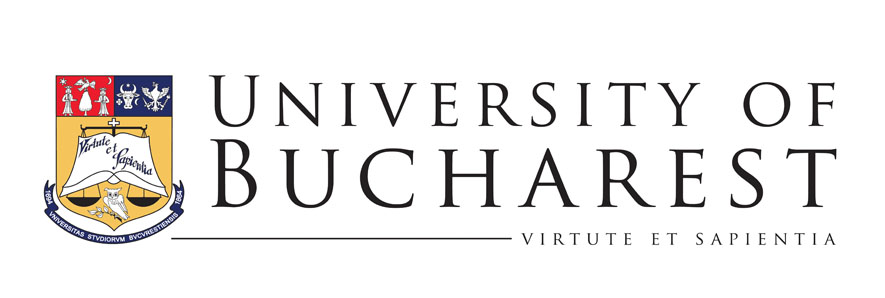
The University of Bucharest is today a dynamic and inclusive academic milieu, student-centered and characterized by creativity, innovation and pragmatism. Gathering 19 faculties, with 97 undergraduate programs, 215 master’s programs, 9 didactic master’s programs, 21 doctoral schools in specific fields and a school for interdisciplinary doctoral studies, over 50 centers and 9 research units, the University of Bucharest is well-known as an institution of excellence in education and research that has made it a priority preparing its students for life and profession.
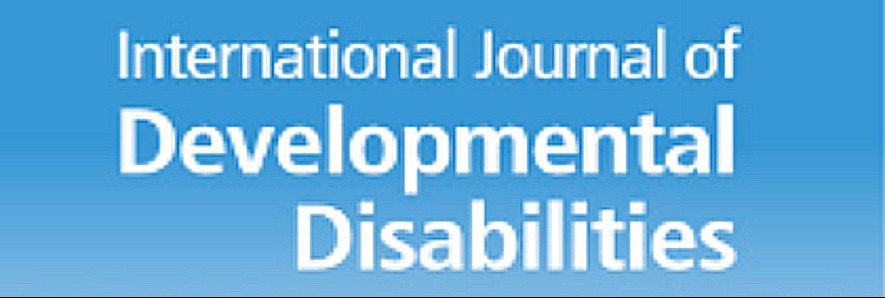
The International Journal of Developmental Disabilities (IJDD) publishes scientific articles on work dealing with different approaches to the habilitation problems of people with an intellectual disability. The Journal covers the entire spectrum of intellectual disabilities, and is concerned with definitions, IQ, genetic predisposition, evaluation of abilities, learning interventions, challenging behaviour, medication, attitudes to death and bereavement, sexuality, legal aspects, WHO, NICE and other governmental guidelines, care in the community, advocacy, stress and coping strategies for families and carers – though this is not an exhaustive list. The unifying theme is that all of these aspects should be of practical help for those with intellectual disabilities or those caring for persons with intellectual disabilities. Emphasis is placed on the practical implications of the work of educationists, instructors, nurses, occupational and other therapists, psychiatrists, psychologists and social workers, whether taking place in a hospital setting or in community care.
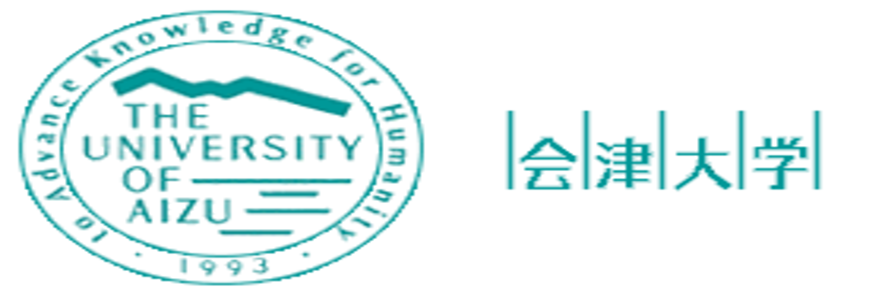
The University of Aizu was established in 1993 in Aizuwakamatsu (Japan) and is the first university dedicated to computer science engineering in Japan. The members of Lab Autism have collaborated with the University in “ETLTC 2022” conference.